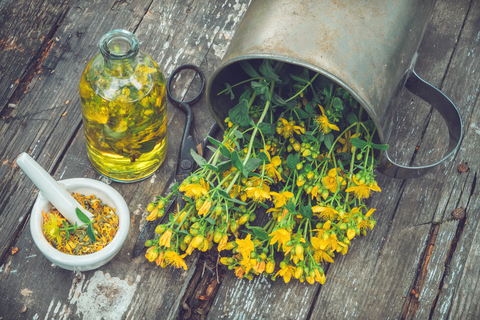A public-private partnership to enhance the botanical safety toolkit

Botanical dietary supplement and herbal medicine use is increasing both in the United States and worldwide. Products made from botanicals can be variable in chemical composition, with many aspects affecting their quantitative and qualitative chemical content and unknown impacts on potential toxicity profiles. Many regulatory structures do not currently require toxicity data and only require evidence of harm to induce regulatory action post-market. This can lead to potentially unsafe products for consumers. Because of their inherent complexity, botanicals are difficult to characterize and assess for toxicity and/or efficacy. Currently, it is not known what new methodologies used for single-chemical toxicity testing can be applied for botanicals as complex mixtures. Testing botanicals for toxicity can lead to safer products.
The Botanical Safety Consortium (BSC) was formed to provide a forum for global scientists from government, academia, consumer health groups, industry, and non-profit organizations to work collaboratively to generate a sound scientific basis for integrating existing safety data and the latest in silico and in vitro toxicology tools to evaluate the safety of botanicals. Understanding the safety of botanicals is a critical public health need. BSC is uniquely structured with multidisciplinary and international scientific engagement to support the design and implementation of a novel safety toolkit for botanical screening. This commentary, published in Regulatory Toxicology and Pharmacology, describes the mission and objectives of the Botanical Safety Consortium (BSC).
Full text Online: https://www.sciencedirect.com/science/article/abs/pii/S0273230021002312
